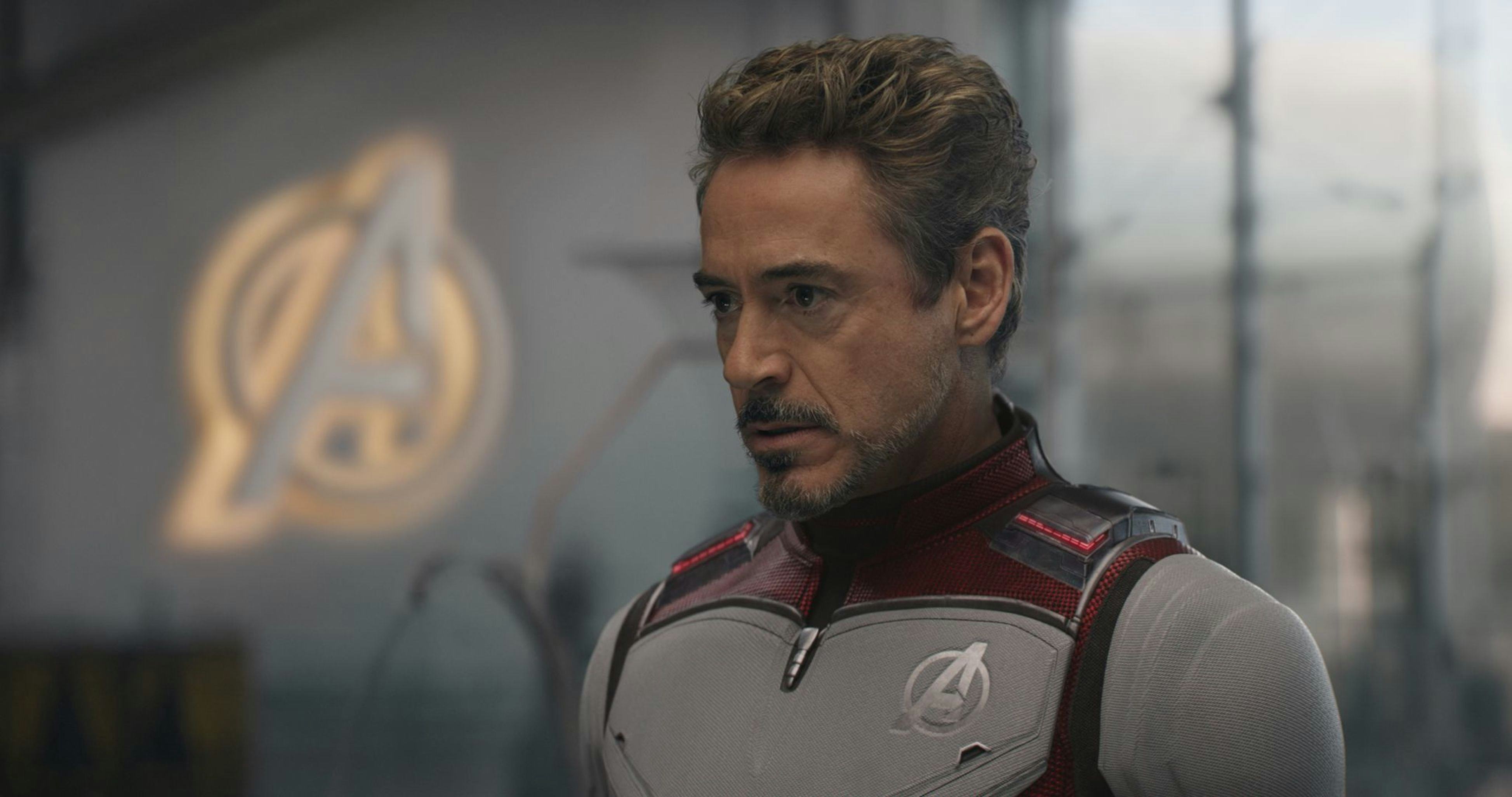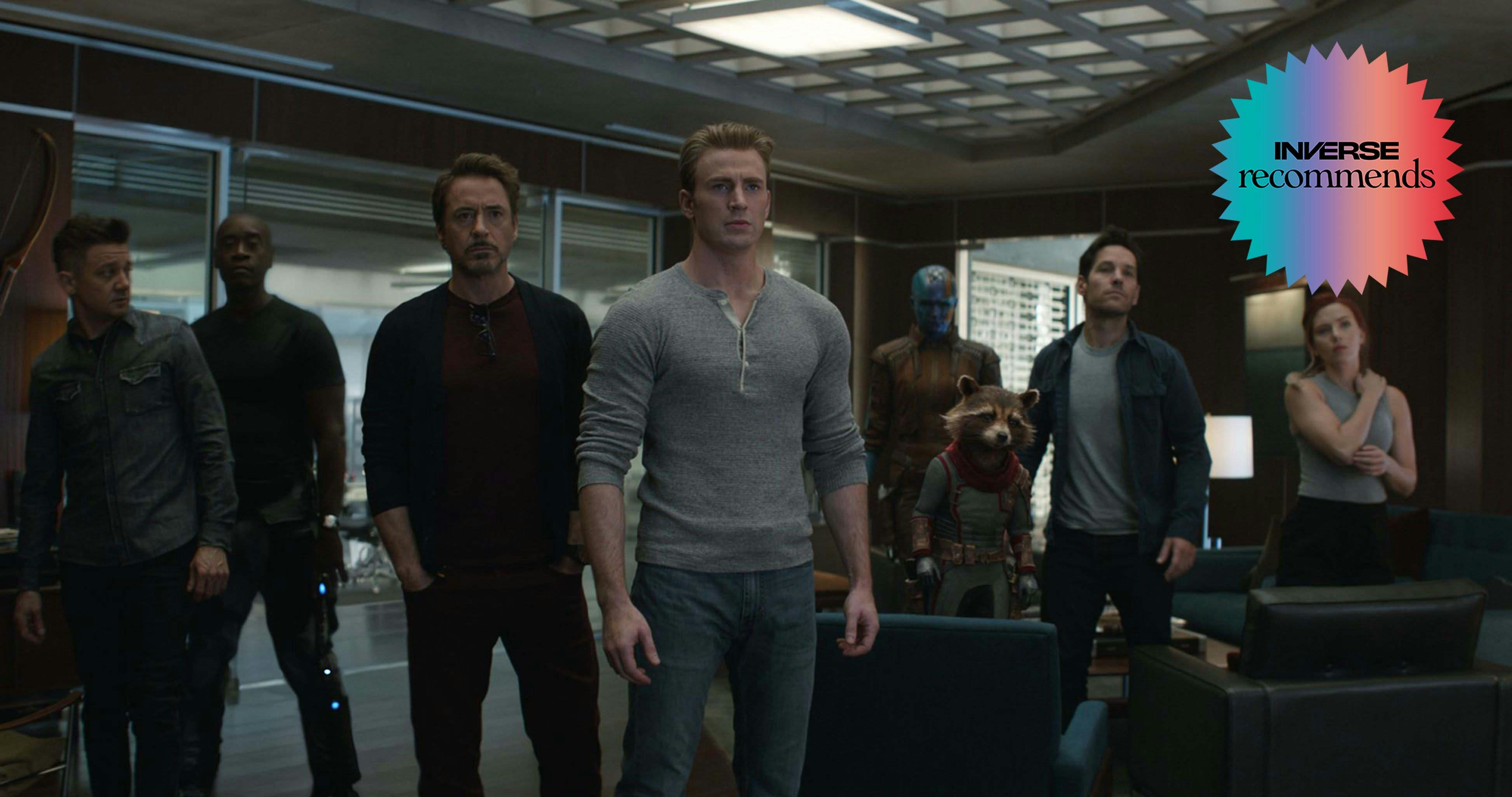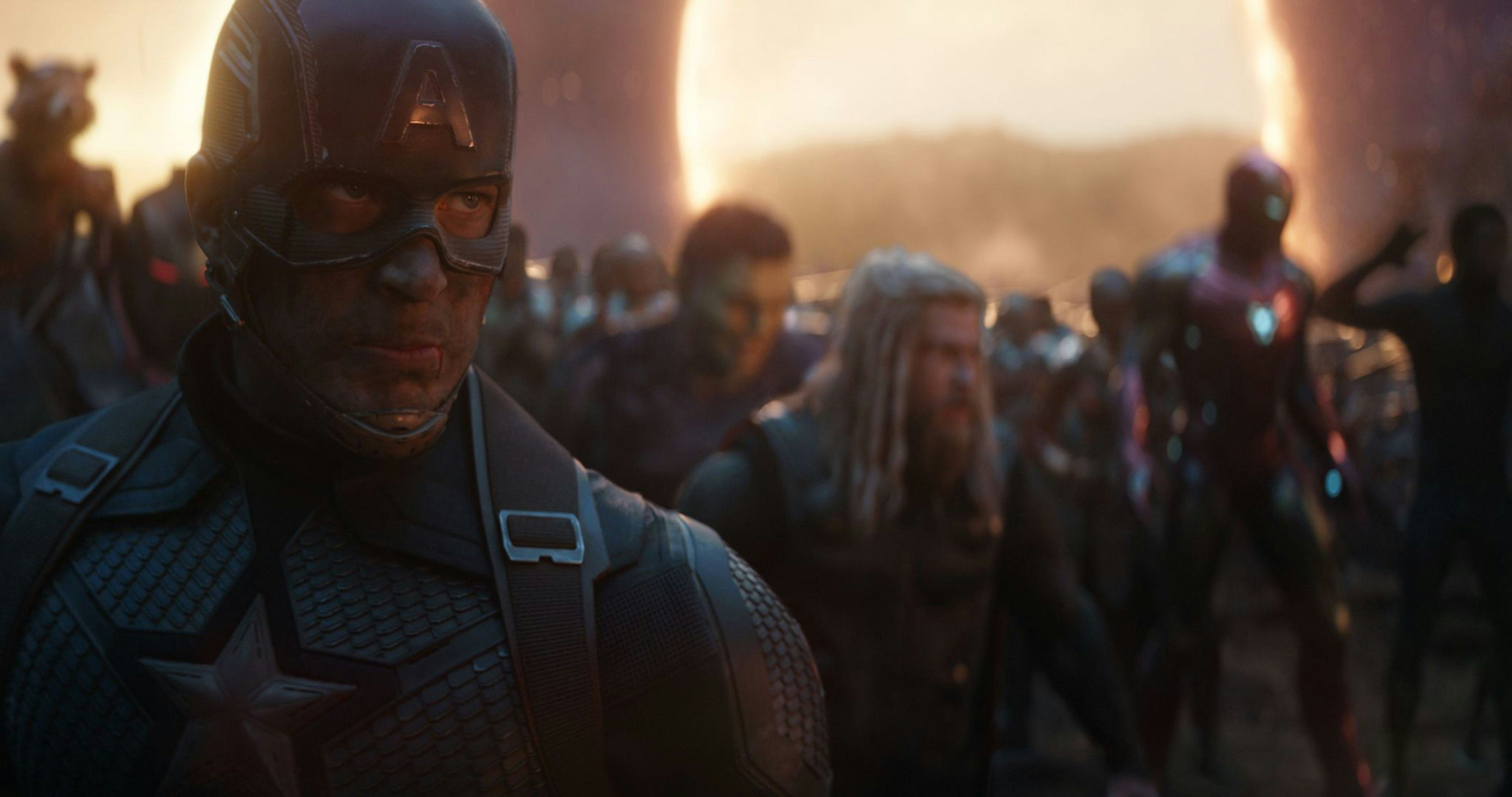
The most startling thing about Avengers: Endgame isn’t its victorious finale but its touching portrait of defeat.
Still one of the highest-grossing movies of all time three years later — at $2.798 billion, it is second behind James Cameron’s Avatar — Avengers: Endgame is surprisingly thoughtful and intimate at times, no matter how inconceivably massive the action is. Trying to bill the movie as a moving drama to Oscar voters was frankly hilarious, but that doesn’t mean it doesn’t have merit as one.
This has been a weird preamble to discuss the movie’s most out-there science fiction element: Time travel. Endgame is not just a crazy superhero crossover but a time-travel odyssey. Marvel’s ensemble of heroes — some entirely in CG — disperse throughout Marvel’s canonical history to pluck out some extra Infinity Stones to fix what they’ve broken. But one could argue that the movie’s willingness to travel back in its own time as a metaphor for self-examination makes Endgame one of the most truthful and authentically human movies in the entire Marvel canon.
For Inverse’s special issue on time travel, Avengers: Endgame is perhaps the best sci-fi movie in the time travel canon you can revisit right now on Disney+.
THE RULES OF TIME TRAVEL is an Inverse special issue exploring the evolution of science fiction's most imaginative sub-genre. From Marty McFly to Avengers: Endgame.

Directors Joe and Anthony Russo and screenwriters Christopher Markus and Stephen McFeely begin Endgame with a simple question: Where did we go wrong?
Picking up from the previous Avengers film, the heroes make a desperate final play to move on Thanos (Josh Brolin). But when they find him, he’s not the imposing warlord they know him to be. He’s living like the Dexter finale, alone on a farm, making stew from ingredients he grows. Thanos has also destroyed the Infinity Stones. He achieved his mission and ensured no one else could use the stones. Thor (Chris Hemsworth) beheads Thanos in a hasty moment, an act that will haunt him for at least the next five years.
The Avengers spend the next half-decade wallowing and dealing with the fallout in their individual ways. It isn’t until a rat serendipitously brings back Ant-Man (Paul Rudd) that the Avengers discover the quantum realm, and an impossible solution — traveling in time — to undo the destruction Thanos left behind.
The brilliance of Endgame isn’t merely using time travel as a means for the Marvel Cinematic Universe to high-five itself and revisit memorable corners. Nor is it how it allowed the Avengers to probe themselves, both in their wins as a superhero team and losses as individual people. Instead, it’s how Endgame interpreted time travel that makes it distinct.

In subverting expectations established by literally every other sci-fi movie ever made — observe Rhodey (Don Cheadle) count them all — Endgame asks the audience to accept it on its own terms, not the preconceived notions of how this genre is supposed to work.
“If you travel to the past,” a breathless Hulk (Mark Ruffalo) explains, having synergized his big brain into the Hulk’s big green bod, “that past becomes your future. And your former present becomes the past. Which can’t now be changed by your new future.”
It’s a clumsy explanation, but apparently, the science checks out.
Sean Carroll, Research Professor of Physics at the California Institute of Technology, author of the nonfiction science books Something Deeply Hidden and From Eternity to Here, and host of the science podcast Mindscape, was one of several consultants for Avengers: Endgame. I spoke to him recently for a story about the multiverse, but along the way, Endgame came up, and Carroll jokingly took full responsibility for the movie’s understanding of time travel.
“So you’re saying Back to the Future is just bullshit?”
“I don’t claim too much credit,” Caroll told Inverse, acknowledging Marvel Studios had other experts to weigh in on the scripts, “but what we talked about is how time travel works.”
He continues: “If you go to the past and mess around with it, what are the effects? The law I tried to push was its simplest and most coherent. If you can go to the past and do things, you're not actually changing the past. Whatever you did back there in the past happened already, even though you don't know because it's in the past.”
Carroll said he “very strongly argued against the Back to the Future kind of time travel,” which famously popularized an idea of time travel via disappearing in a photograph. “That just makes no logical sense whatsoever,” Carroll says.
So, even in a world where there are talking raccoons and gamma radiation results in swole green biceps, Carroll insisted on grounding something in some scientific logic. “If you watch Endgame and they’re talking about time travel, and Paul Rudd says, ‘So you’re saying Back to the Future is just bullshit?’ That was my fault.”

Avengers: Endgame is one of the biggest movies of all time, with a climax so inconceivably huge that I still can’t believe it was ever done all these years later. That the movie still works as a movie about coping with failure is all the more astonishing. I cannot say enough good things about the first hour of Endgame, which is endlessly rewatchable and maybe the first time the MCU’s dull gray and brown color palettes are actually appropriate.
But Endgame doesn’t get nearly enough praise as a time travel movie, one that’s willing to play by its own rules as informed by some actual science. That might not make it as influential as Back to the Future. But in charting its own way, Marvel decides its own future, rather than relying on what was done in the past.
Avengers: Endgame is now streaming on Disney+.







